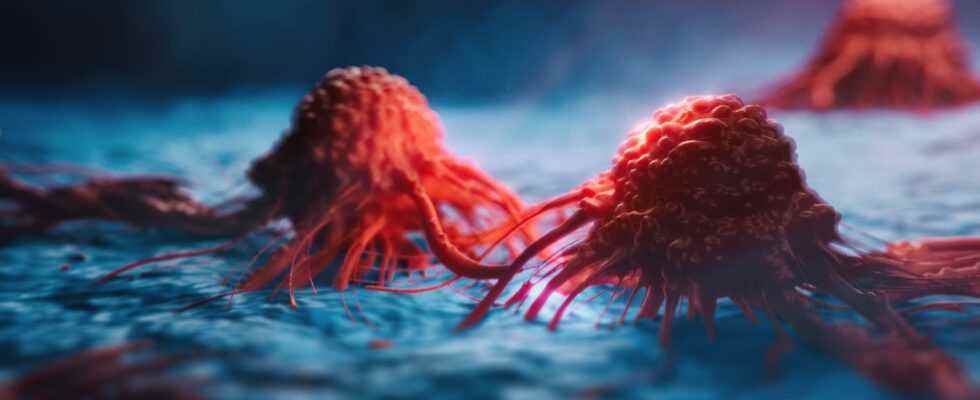Breast cancer spreads primarily when we sleep. This is reported by a research group led by cell biologist Zoi Diamantopoulou from ETH Zurich in the journal »Nature«. In the process, cells detach from the original tumor, enter the bloodstream and form metastases elsewhere. Until now, it was assumed that these circulating tumor cells (CTCs) form constantly or arise as a reaction to mechanical stimuli such as surgical interventions.
The team took a blood sample from 30 patients with breast cancer twice: at 4 a.m. (sleep phase) and at 10 a.m. (wake phase). It found that almost 80 percent of the total CTCs came from the nightly blood sample.
In order to explore this surprising finding in more detail, the scientists examined mice that were either genetically modified to develop breast cancer or that were injected with human breast cancer cells. In the rodents, too, the CTCs formed primarily during sleep – but during the day, since mice are nocturnal. If the researchers kept the animals awake longer, significantly fewer of the circulating tumor cells formed during the day.
The administration of melatonin, on the other hand, led to more tumor cells in the bloodstream. The hormone regulates the sleep-wake cycle and has a sleep-inducing effect. In genetically modified mice without a functioning circadian rhythm, the CTCs formed independently of the rest period.
The authors also injected resting and active CTCs into healthy, tumor-free mice at different phases of the circadian cycle. They discovered that the cells from the resting phase form more aggressive tumors than those from the active phase. In addition, resting mice were more likely to develop tumors than active animals.
